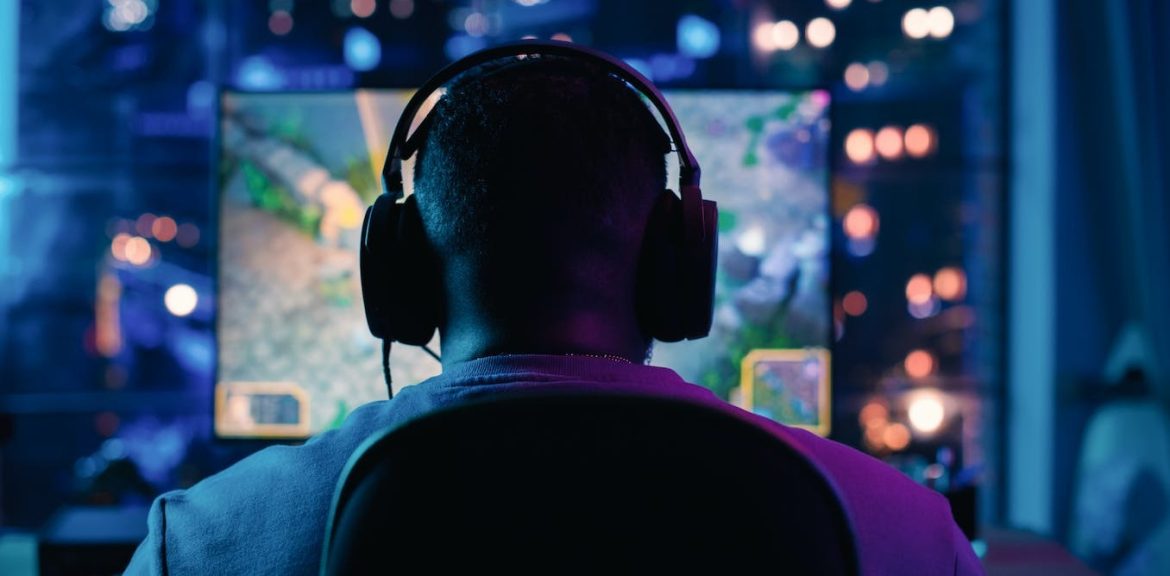Online gaming has become a ubiquitous form of entertainment, with millions of players worldwide participating in multiplayer games and interacting within virtual communities. While gaming offers numerous benefits, including stress relief, social connection, and cognitive stimulation, concerns have been raised about its potential impact on mental health. In this article, we explore the relationship between online gaming communities and mental health, examining both the positive and negative effects and providing insights into how players can maintain a healthy balance.
Understanding Online Gaming Communities
Social Interaction and Support
Online gaming communities provide a platform for players to connect, collaborate, and build relationships with others who share similar interests. Through in-game chat, forums, and social media platforms, players can communicate, strategize, and form friendships, fostering a sense of belonging and camaraderie.
Diversity and Inclusivity
Gaming communities encompass a diverse range of individuals from different backgrounds, cultures, and perspectives. This diversity promotes inclusivity and acceptance, creating an environment where players feel valued and respected regardless of their age, gender, or ethnicity. As a result, gaming communities serve as a refuge for individuals seeking support and understanding.
The Impact on Mental Health
Positive Effects
Research has shown that online gaming communities can have several positive effects on mental health. For many players, gaming serves as a form of stress relief and relaxation, providing an escape from the pressures of daily life. Additionally, the social interaction and support offered by gaming communities can combat feelings of loneliness and isolation, promoting mental well-being.
Negative Effects
However, excessive gaming and immersion in online communities can also have negative effects on mental health. Addiction to gaming, characterized by excessive play and neglect of other responsibilities, can lead to withdrawal symptoms, mood disturbances, and impaired functioning. Moreover, exposure to toxic behavior, such as cyberbullying, harassment, and discrimination, can contribute to feelings of anxiety, depression, and low self-esteem.
Strategies for Maintaining a Healthy Balance
Setting Boundaries
To prevent negative consequences, it’s essential for players to establish boundaries and prioritize their well-being. This may involve setting limits on gaming time, taking regular breaks, and engaging in other activities outside of gaming. By maintaining a balanced lifestyle, players can prevent burnout and maintain their mental health.
Cultivating Positive Relationships
Building positive relationships within gaming communities is key to promoting mental well-being. Players should seek out supportive and inclusive communities where they feel safe and valued. Additionally, fostering offline relationships and engaging in face-to-face interactions can provide a sense of connection and balance.
Conclusion
Online gaming communities play a significant role in the lives of millions of players worldwide, offering social interaction, support, and entertainment. While gaming can have positive effects on mental health, it’s essential to be mindful of the potential risks and take proactive steps to maintain a healthy balance. By fostering positive relationships, setting boundaries, and prioritizing self-care, players can enjoy the benefits of gaming while safeguarding their mental well-being. Ultimately, with awareness and moderation, online gaming can be a positive and enriching experience for individuals of all ages.

